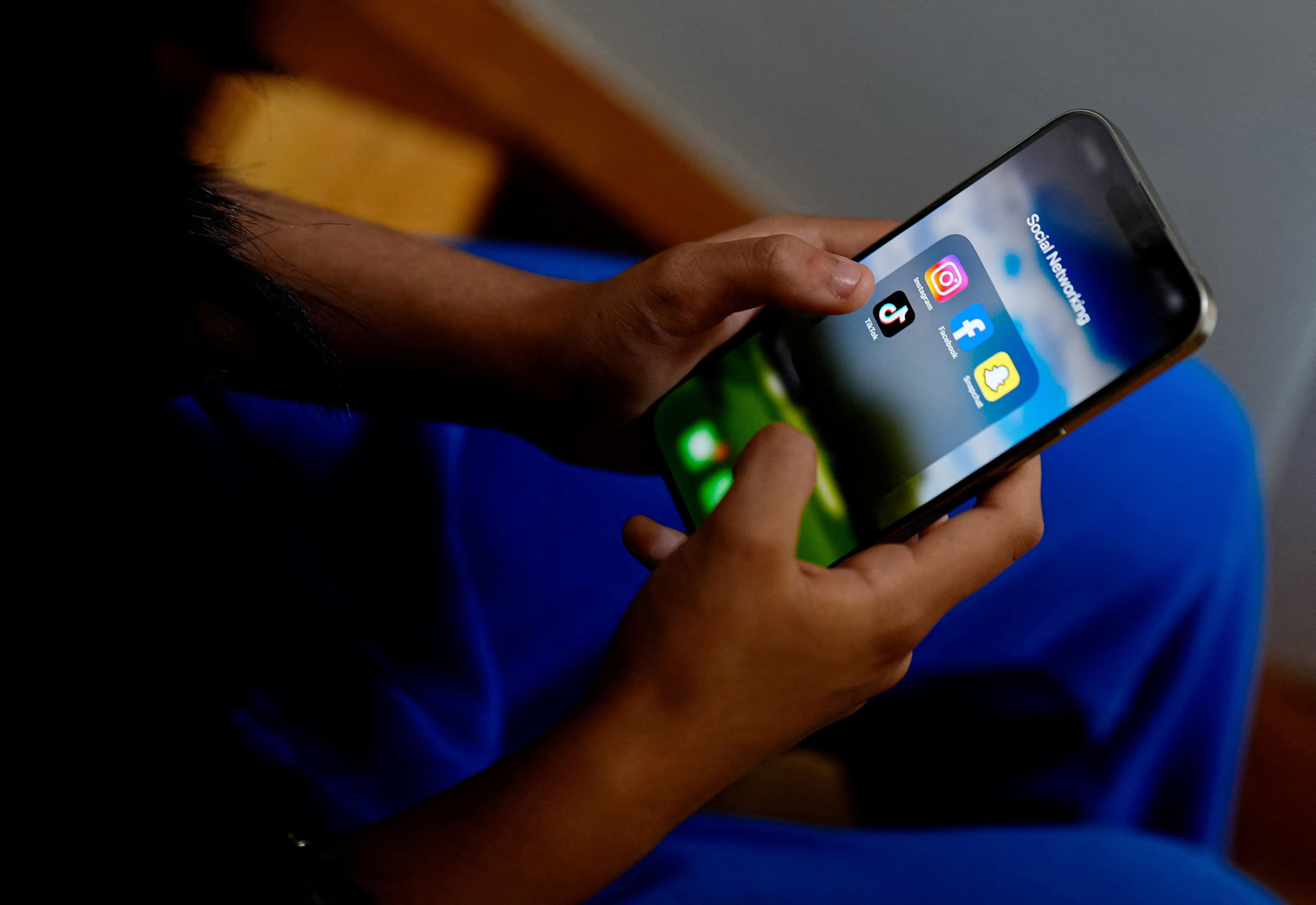Australian social media ban started with call to act by politician's wife
Yathish Acharya
Politics
about 1 year ago

In a surprising turn of events, Australia’s controversial social media ban can be traced back to a call for action by the wife of a prominent politician. This unprecedented move, which has sparked debates across the nation and around the world, began with a heartfelt plea for the government to tackle what many see as a growing issue related to online harassment, misinformation, and national security concerns. The call to act has led to a sweeping policy that has affected millions of social media users in the country, but the catalyst for the ban wasn’t just political — it was deeply personal.
The Catalyst: A Personal Plea
The story begins with Sarah Howard, the wife of Australian Minister for Communications, Adam Howard. Sarah had long been an advocate for the responsible use of social media, frequently voicing her concerns about the unchecked power of online platforms. But it was a specific incident involving a sustained online harassment campaign against her family that brought the issue to a head.
Sarah Howard, who has remained largely in the public eye due to her husband's high-profile political position, became the target of a relentless barrage of hateful and defamatory content across various social media platforms. The online abuse escalated over several months, with anonymous trolls spreading false rumors, personal attacks, and even threats of violence.
Despite taking legal action and reporting the incidents to social media companies, Sarah and her family found little recourse. The anonymity and vast reach of these platforms allowed the harassment to continue unchecked. Frustrated with the lack of meaningful action, Sarah took to her own social media accounts in an emotional post, urging the Australian government to take more stringent measures against social media companies that were, in her view, failing to protect citizens from online harm.
The Government Responds
Her call didn’t fall on deaf ears. Adam Howard, who had long supported efforts to regulate social media, took his wife’s plea to heart. In a press conference following her post, the Minister stated that the government would be moving forward with new legislation aimed at curbing online harassment, misinformation, and the negative impact of social media on mental health.
The proposed law would require social media companies to implement stricter identity verification systems, increase penalties for the spread of harmful content, and force platforms to take down offensive material more swiftly. But perhaps the most radical aspect of the legislation was the proposal to block or ban certain social media platforms entirely within Australia if they failed to comply with these regulations.
In a move that surprised both supporters and critics, the Australian government began negotiations with major social media companies. The pressure mounted, and in a matter of weeks, several large platforms — including Facebook, Twitter, and Instagram — were either blocked or severely restricted in the country. The government argued that the restrictions were necessary to protect Australian citizens from the "unregulated wild west" of social media.
A Divided Nation
The announcement of the ban was met with mixed reactions across the country. Supporters of the move hailed it as a victory for Australian citizens, especially those who had suffered from online harassment. Many praised Sarah Howard for her bravery in speaking out, and Adam Howard for using his platform to champion the cause of online safety.
However, the policy also sparked intense backlash. Critics argued that the ban was an overreach of government power, and that it infringed on citizens' rights to free expression. Many Australians rely on social media for communication, business, and entertainment, and the sudden restrictions had significant impacts on these aspects of daily life. Small businesses, influencers, and activists who relied on platforms like Facebook and Instagram were particularly vocal in their opposition.
Moreover, the ban raised concerns about the future of digital democracy in Australia. While the government positioned the move as a necessary step to protect citizens, some warned that it could pave the way for further censorship and government control over the internet. There were also worries that the policy could set a dangerous precedent, potentially encouraging other governments to adopt similar measures.
The Global Implications
The Australian social media ban has captured global attention, especially as it touches on the delicate balance between regulation and freedom in the digital age. Some international observers have applauded Australia for taking a stand against the negative consequences of social media, while others have raised alarm about the potential for abuse of such powers.
The decision has also reignited discussions on the role of social media companies in policing content and the ethical responsibility they have toward their users. Many are asking whether the responsibility lies with governments to regulate the digital space or with the companies themselves to be more proactive in ensuring their platforms are safe for users.
The Road Ahead
As the situation continues to evolve, Australian citizens are left to grapple with the impact of the social media ban. Some are embracing the new policies, feeling safer from the risks of online abuse, while others are calling for a more measured approach to the issue — one that does not trample on their digital rights.
The controversy has underscored a larger global conversation about the regulation of social media platforms, the balance between freedom and security, and the need for governments to protect their citizens from the darker aspects of the online world. The role of Sarah Howard’s personal experience in igniting this debate has shown how individual voices can lead to significant policy changes — for better or for worse.
In the end, whether the Australian social media ban will stand the test of time remains to be seen, but one thing is clear: it all began with a personal plea for justice, which ultimately led to a nationwide conversation on how far governments should go to control the digital space.